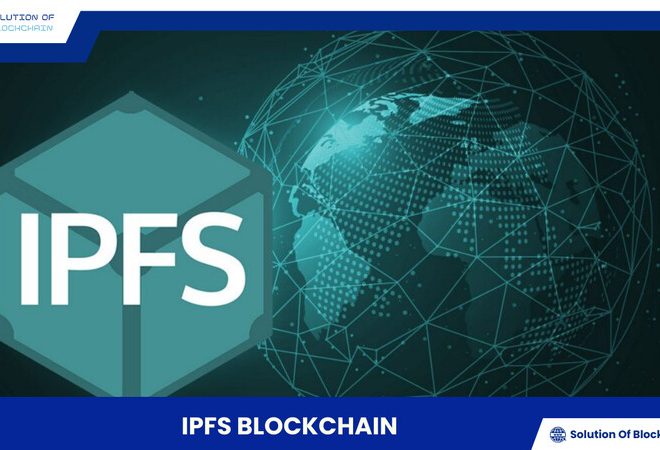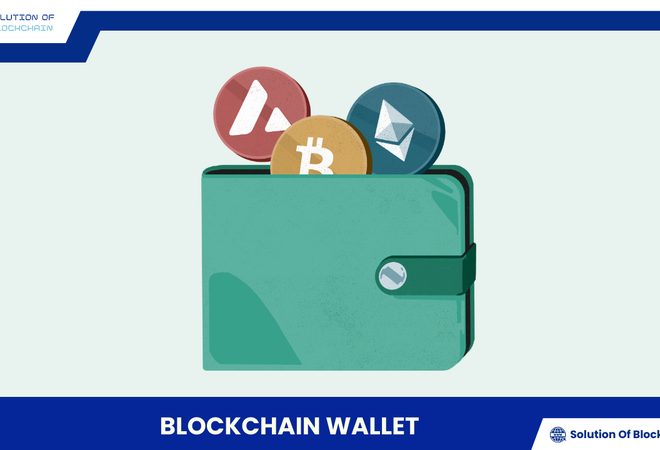
What does ICO stand for? Discover the details about ICO
What does ICO stand for?
ICO stands for Initial Coin Offering. It is a fundraising method in the blockchain sector where tokens are issued to attract public investment before a project officially launches. This is similar to an IPO (Initial Public Offering), but instead of issuing shares, ICOs issue digital tokens.

Comparison with IPO
An IPO (Initial Public Offering) is the process of offering shares of a company to the public for the first time to raise capital. This typically happens when a company is mature and wants to list its shares on a stock exchange. IPOs are subject to strict regulations and financial oversight, such as by the SEC in the United States. IPO shareholders receive actual shares and have voting rights in company management.
Key differences
Regulation and oversight
- ICOs are often less regulated compared to IPOs, leading to higher risks for investors.
- IPOs adhere to stringent regulations and are monitored by securities regulatory bodies.
Type of capital
- ICOs issue tokens or cryptocurrencies, not company shares.
- IPOs issue shares representing ownership in the company.
Development stage
- ICOs are usually used by early-stage blockchain projects to raise funds for technology development.
- IPOs occur when a company is established and has a stable operating history.
Investment and benefits
- ICOs provide tokens, which may not have intrinsic value or guaranteed long-term benefits for investors.
- IPOs provide shares, allowing investors to participate in shareholder rights such as dividends and voting.
Choosing between participating in an ICO or IPO depends on investment goals and risk tolerance
How ICOs work
Issuance of Whitepaper
A whitepaper is a detailed document describing the project and the ICO plan. It includes information about:
- Vision and objectives: Outlines the project’s goals, the problems it addresses, and the development plan.
- Technical details: Explains the project’s technology, token mechanics, and key technical factors.
- Financial plan: Information on the number of tokens issued, their price, and the ICO’s financial targets.
- Team: Introduces the key members of the project and their experience.
- Timeline: Expected ICO dates, stages, and milestones.
Token sale
Types of Tokens:
- Utility Tokens: Used within the project’s ecosystem, granting access or services on the platform.
- Security Tokens: Represent ownership or financial benefits in the project, possibly providing returns or dividends.
- Equity Tokens: Represent ownership in the company, similar to shares in an IPO.
Purchase methods
- Token sale: Users can purchase tokens by transferring cryptocurrency (such as Bitcoin or Ethereum) or fiat money (in some cases) to a provided wallet address.
- Pre-Sale and public sale: ICOs are usually divided into phases, with pre-sale for early investors and public sale open to everyone.
- KYC/AML: Investors may need to complete identity verification (KYC) and anti-money laundering (AML) processes before purchasing tokens.
Token Distribution
After the token sale ends, the project distributes tokens to investors, including:
- Transaction verification: Ensuring all token purchases are processed and paid.
- Token issuance: Tokens are transferred to investors’ wallets according to the announced ratio.
- Tracking and reporting: Providing information and updates on distribution status to investors and the community.
Listing on exchanges
After distributing tokens, the next step is listing them on cryptocurrency exchanges, which involves:
- Choosing exchanges: The project selects cryptocurrency exchanges based on criteria such as reputation, fees, and trading volume.
- Listing procedures: Completing necessary procedures and providing information about the token to the exchange.
- Verification and launch: Tokens are listed and can begin trading, allowing investors to buy and sell tokens in the market.
Each step in the ICO process needs to be carefully executed to ensure the project’s success and reliability.
Benefits and risks of participating in Initial Coin Offering
Benefits of participating in Initial Coin Offering
- Early investment opportunity: Participating in an Initial Coin Offering allows investors to buy tokens at discounted rates before they are officially listed, potentially yielding high returns if the project succeeds.
- Access to new technologies: ICOs often offer the chance to invest in new blockchain projects and technologies. Investors can access innovative products and services before they become mainstream.
- Special benefits: Early investors may receive perks like bonus tokens, early access to services, or other special privileges from the project.
- Quality project teams: If a project has a reputable and experienced founding team, ICOs may offer investment opportunities in promising projects led by experts.
- Liquidity: Once listed on exchanges, tokens can become more liquid, allowing investors to easily buy, sell, and convert tokens.
Risks of participating in Initial Coin Offering
- High investment risk: ICOs are a high-risk investment form with many uncertainties. Projects may fail or face technical issues, leading to potential losses.
- Lack of regulation: ICOs often lack strict financial oversight, which can lead to fraud or scams.
- Legal issues: ICOs may encounter legal challenges depending on national regulations. Some projects might struggle to comply with laws, affecting token value.
- Business viability: Some ICO projects may lack a clear business plan or weak execution capability, resulting in unfulfilled promises.
- Price volatility: Token values can fluctuate significantly after listing on exchanges, making investment risk management challenging.
- Technical and security risks: Blockchain projects may face security attacks, technical errors, or code-related issues, impacting token value and stability.
When participating in an Initial Coin Offering, investors should conduct thorough research on the project, the founding team, and ICO conditions to make informed investment decisions.
An ICO (Initial Coin Offering) is a powerful financial tool allowing blockchain projects to raise funds by issuing tokens. While offering benefits like access to discounted tokens and potential new projects, ICOs also carry significant risks.
Therefore, before investing in an Initial Coin Offering, it is crucial to research thoroughly and consider all related factors to make a smart decision. For the latest updates and to explore the newest blockchain projects, continue following Solution Of Blockchain.





